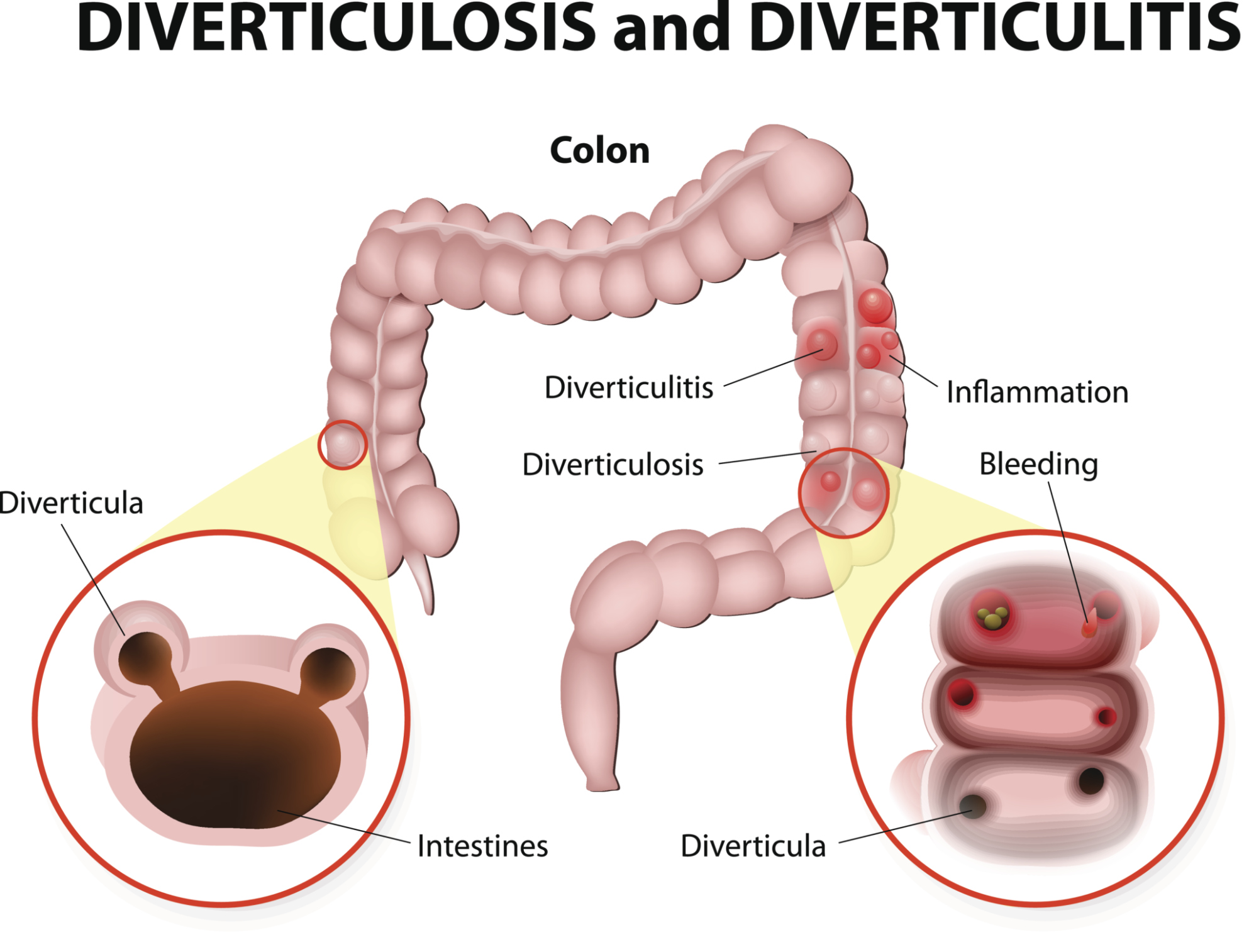

You can re-introduce these foods as your symptoms improve. Lactose can make symptoms worse, so avoiding dairy products during a flare is important. Avoid spicy foods, heavy meals, and alcohol. What to eat during and after an IBS attack Avoid spicy foods some people with IBS like to get creative with herbs to make sure their meals are still flavorful and enjoyable.Eat less of certain vegetables such as broccoli, onions, and brussel sprouts, which can cause symptoms in some people better options include eggplant, sweet potatoes, and carrots.Reduce fruits that are high fructose (like apples and watermelon) choose low-fructose fruits like berries and pineapple.Avoid beans, which can cause gas and are very common triggers for people with IBS.A FODMAP diet, which avoids foods that are likely to cause gas, is often recommended. You may need to avoid certain foods that trigger your attacks. To prevent IBS attacks, follow a balanced diet that’s high in fiber and low in fat.


Stopping and preventing IBS flares requires making changes to your diet and lifestyle, and you may have to take medication. Medications and diet changes can help if your bowel habits are irregular or difficult. You should be having daily bowel movements and avoiding straining during bowel movements. It’s important to keep up with regular doctor visits and to lead a healthy lifestyle, which includes eating a balanced diet, exercising, and getting enough sleep. doi:10.You can’t always predict when there will be a trigger, but there are ways to prevent and treat IBS attacks. Specific foods can reduce symptoms of irritable bowel syndrome and functional constipation: a review. Addressing the role of food in irritable bowel syndrome symptom management. Relationship between patterns of alcohol consumption and gastrointestinal symptoms among patients with irritable bowel syndrome. Reding KW, Cain KC, Jarrett ME, Eugenio MD, Heitkemper MM. Effects of sweeteners on the gut microbiota: A review of experimental studies and clinical trials. Ruiz-Ojeda FJ, Plaza-Díaz J, Sáez-Lara MJ, Gil A. A prospective study on symptom generation according to spicy food intake and TRPV1 genotypes in functional dyspepsia patients. Increased capsaicin receptor TRPV1-expressing sensory fibres in irritable bowel syndrome and their correlation with abdominal pain. doi:10.3748/21.3771Īkbar A, Yiangou Y, Facer P, Walters JR, Anand P, Ghosh S. Diet in irritable bowel syndrome: What to recommend, not what to forbid to patients! World J Gastroenterol. Dietary triggers in irritable bowel syndrome: Is there a role for gluten? J Neurogastroenterol Motil. Volta U, Pinto-Sanchez MI, Boschetti E, Caio G, De Giorgio R, Verdu EF. FODMAPs: food composition, defining cutoff values and international application. Varney J, Barrett J, Scarlata K, Catsos P, Gibson PR, Muir JG. Prevalence of lactose intolerance in patients with diarrhea-predominant irritable bowel syndrome: data from a tertiary center in southern China. Western dietary pattern is associated with irritable bowel syndrome in the French NutriNet cohort. Find the ones that work best for you so you can ensure good nutrition.īuscail C, Sabate JM, Bouchoucha M, et al. Don't eliminate entire food categories, such as vegetables. Remember, though, that eating a balanced diet is also critical for your overall health. But finding and avoiding the trigger foods in your diet is worth the effort if it helps relieve your symptoms and reduce IBS attacks. Living with IBS can make mealtime frustratingly complicated. In addition, large meals, alcohol, caffeine, gassy foods, and spicy foods are common IBS culprits. These are found in certain grains, fruits, and vegetables. For example, you may find that keeping a food diary helps you pinpoint which foods make you feel bad.įoods that are high in FODMAPs contain types of sugars that are poorly absorbed by the small intestine. Learning which foods trigger your attacks can help you manage your IBS. Often, certain foods trigger IBS attacks. IBS is a condition that results in abdominal pain, bloating, and diarrhea. Graze throughout the day or have smaller meals instead. Avoiding large meals can be part of your strategy to eliminate triggers. It's not just what you eat, but also how much.


 0 kommentar(er)
0 kommentar(er)
